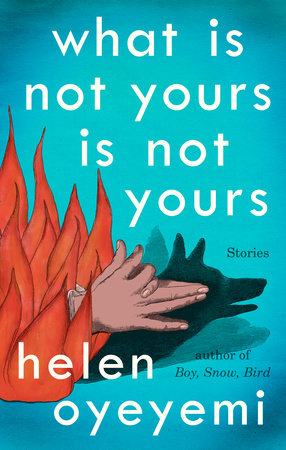From the UK Guardian, by Ainehi Edoro, "How Not To Talk About African Fiction, " here.
This is the opening, which, as it should, informs the reader of the theme and the subject of this opinion piece:
The history of modern African fiction is essentially 100 years of branding disaster. In marketing African fiction, the conventional practice among publishers both in Africa and the west has been to simply tag a novel to a social issue. “Such and such a novel explores colonialism.” Done. “So and so offers a searing representation of the scourge of misogyny.” Done. “Corruption takes center stage in so and so’s novel.” Done.
African fiction is packaged and circulated, bought and sold not on the basis of its aesthetic value but of its thematic preoccupation.
 |
| Film (2013) included such high profile actors as Chiwetel Ejiofor and Thandie Newton |
Ainehi Edoro's chose as one of her examples of how differently fiction written out of African imaginations and experiences are described on amazilla. The two novels are David Mitchell's Cloud Atlas 2004), and Chimamanda Ngozi Adichie's Half of a Yellow Sun (2006). Both books have been made into films.
 |
| Tom Hanks, Halle Berry among other names played multiple roles in this 2012 film. |
Edoro concludes with a quote from an interview with Helen Oyeyemi, author of six books, the most recent a collection of her short fiction, What Is Not Yours Is Not Yours (2016). (NPR review here.)
" [ In a recent interview, Helen Oyeyemi identifies what is really awful about burdening fiction with social issues:
I’m wary of – how do I put it – “getting tagged,” I guess, but I also understand the need to try and do that. When I try to think about my favourite books, I’m still not quite sure how I found them. There needs to be something you can say to people that lets them know that they might like this book, but I sometimes worry that the kinds of things that people say about what I write would not help my books find the readers I intend. I feel like most writers write for people who just read, who would open a book and jump in and see what’s there. But burdening a book with promises that once you’ve read this book, you’ll understand this issue or that issue—it’s not good. [Read more] " ]



No comments:
Post a Comment